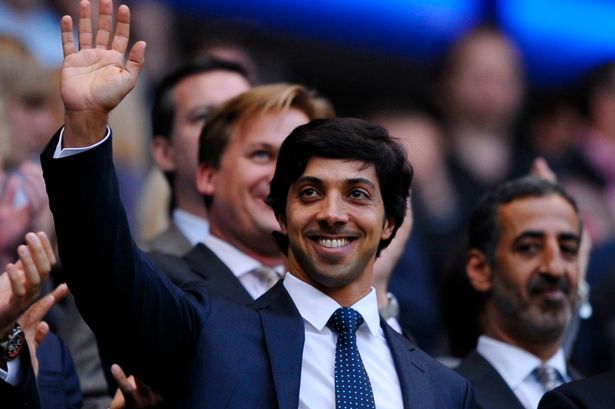The United Arab Emirates (UAE) is a strong and continued perpetrator of outrageous human rights abuses, yet its presence in international football tends to overshadow its negative human rights record. The UAE’s clever global influence comes in the form of Manchester City, a prominent and beloved British football team. Owned by the UAE’s Deputy Prime Minister Sheikh Mansour, roughly £1.45 billion has been invested into Manchester City – “sportswashing” the UAE’s negative image and rendering much of the world unaware of the ongoing human rights violations.
The UAE restricts and criminalizes free expression, arresting peaceful critics of the state. Additionally, the UAE has participated in likely war crimes, and has forcibly disappeared and tortured detainees in UAE-run detention facilities in Yemen. Child sex-trafficking still exists in the UAE and the country has done little to affect change for migrant workers, who face punishment for leaving their employers through the kafala system. The UAE also continues to permit domestic violence and marital rape, among other violations of women’s rights, and criminalizes same-sex relations.
Just last May, prominent Emirati human rights defender Ahmed Mansour was handed a ten-year prison sentence for ‘defaming’ the country on social media, after being held in solitary confinement without access to a lawyer. Two lawyers who had previously defended Ahmed Mansour in the “UAE 5” trial, Dr. Mohamed al-Mansoori and Dr. Mohamed al-Roken, were also arrested, raising concern from the International Bar Association Human Rights Institute which issued a statement on the worsening situation for human rights lawyers in the UAE.
Matthew Hedges, a British PhD student, recently made headlines when the UAE sentenced him to life in prison on charges of ‘espionage’ in November 2018, after months in solitary confinement and a five-minute trial during which his lawyer was not present. Though Hedges ultimately received a presidential pardon following international pressure, his case sparked a diplomatic crisis with the United Kingdom (UK). Not all were outraged however; skepticism and silence defined the response of Manchester City and many of their fans.
The loyalty one has to their football team is often underestimated, and the loyalty fans have towards Manchester United plays right into the hands of Sheikh Mansour and the UAE. The UAE’s ownership of the immensely popular Manchester City has allowed the country to “sportswash” its image and build up its influence in the West, thereby bolstering efforts to remain in power and overshadowing human rights abuses. Manchester City and their following have an opportunity to use this same platform to speak up against the repressive government of the UAE and call for an end to the falsely glamorous image the UAE curates.
Matthew Hedges was fortunate in his release, but Ahmed Mansoor and many other prisoners of conscience remain detained in the UAE. Additionally, human rights defenders, women, children, migrant workers, and Yemeni civilians alike remain at the mercy of the UAE government. Manchester City and their fans should ask themselves whether a state with a record of human rights abuses should be allowed to invest in British football if it serves as a way for the UAE to project soft power around the world and hide its true colors.
Serena Dineshkumar is an Advocacy Intern with ADHRB.





